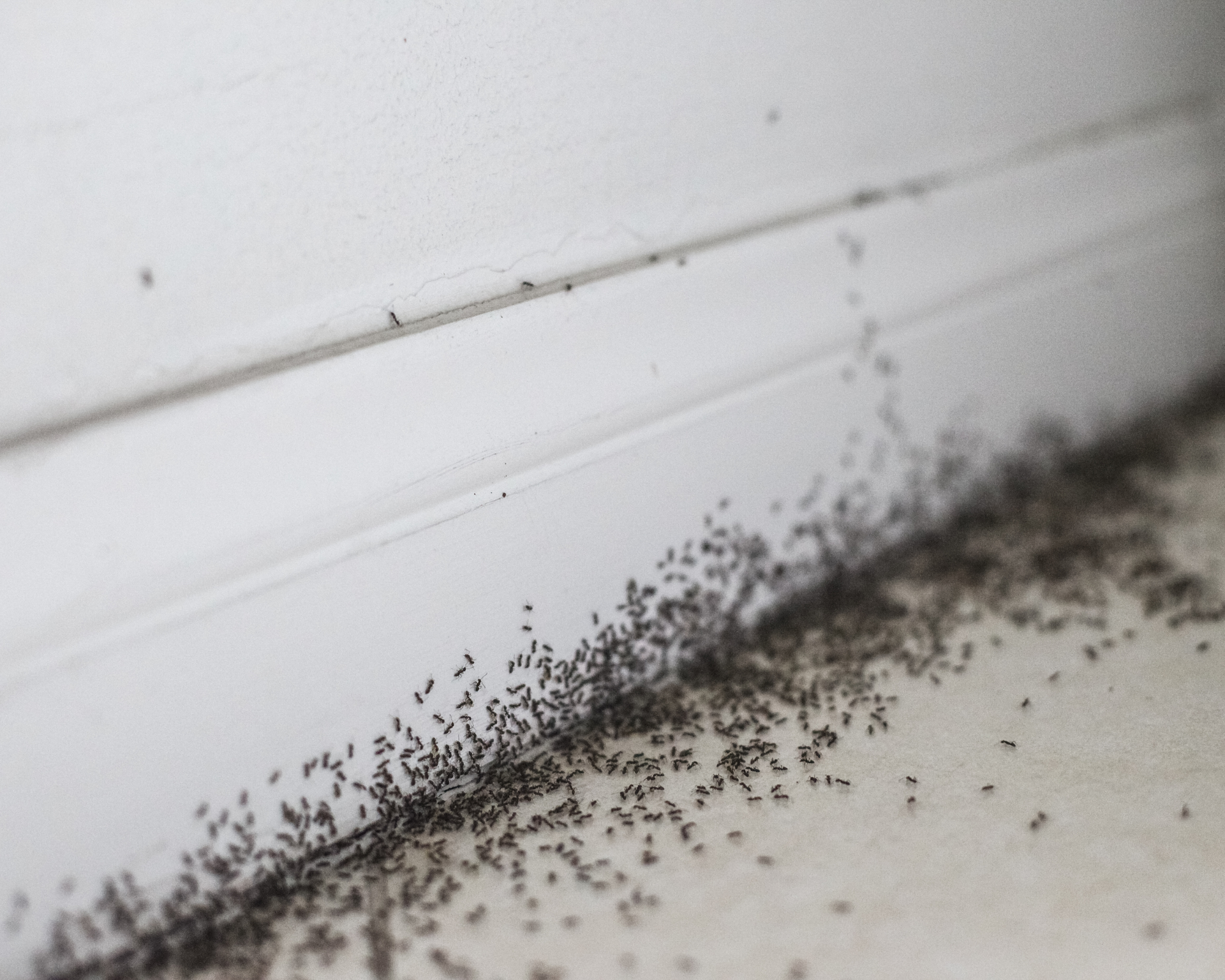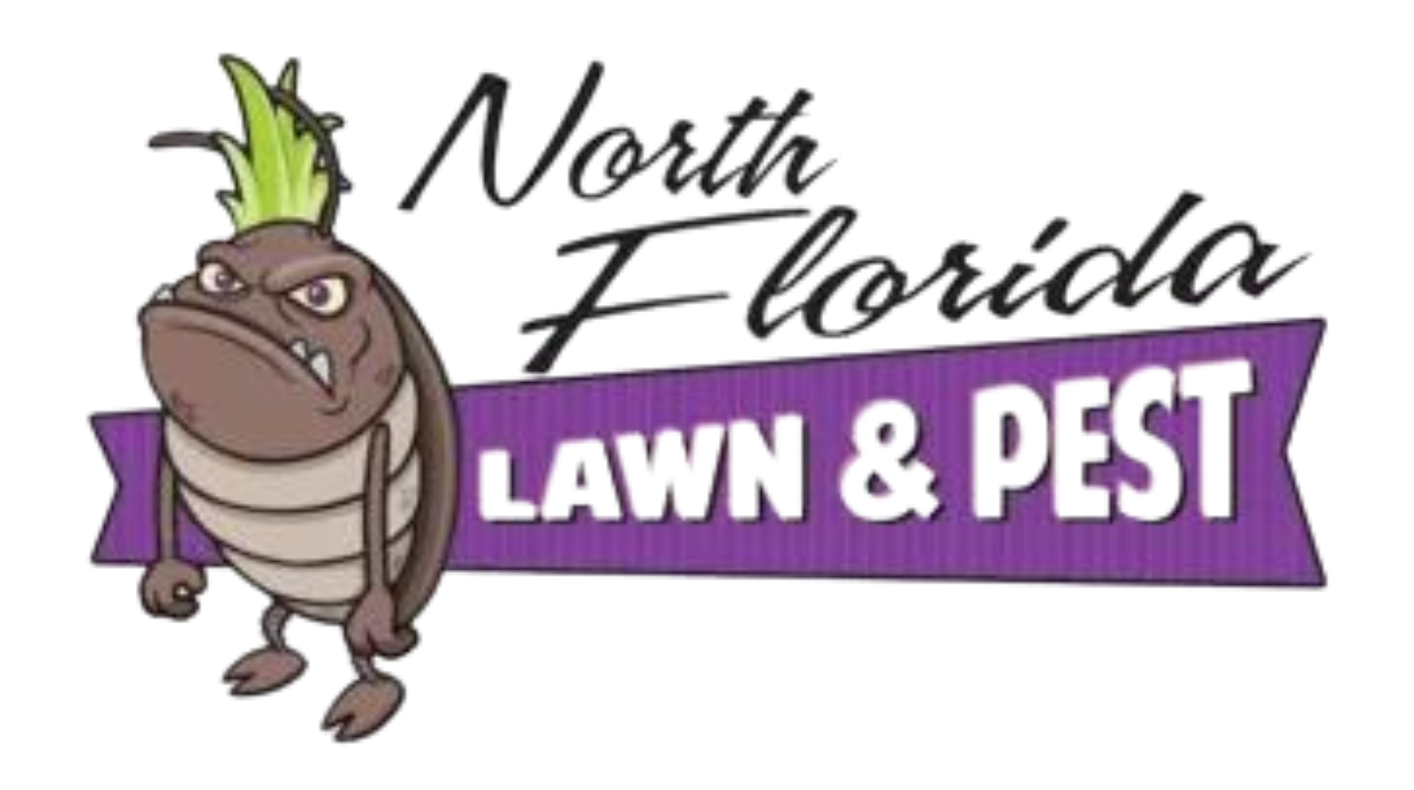What Are The Best Solutions For Deterring Ants?
What’s the Best Ant Deterrent?
Ants can become a real nuisance, whether they’re invading your kitchen or taking over your outdoor spaces. While there are plenty of methods to get rid of them, using effective deterrents can help keep ants away for good. Let’s dive into some natural and easy-to-use remedies that will help you stop ants before they become a bigger issue. And if you find yourself dealing with a more severe infestation, don’t hesitate to call in a professional pest control company like St. Augustine Pest Control By NFLP.
Why You Should Be Concerned About Ants
While most ants don’t pose a direct threat to humans, they can still be a problem in your home. Ants are known to carry bacteria, which means they can spread germs and contaminate your food as they crawl across surfaces. Taking preventive measures is key to keeping ants away from areas where you prepare and store food.

Natural Ways to Keep Ants Out of Your Home
If you're looking for chemical-free ways to deter ants, there are several natural methods that can be highly effective. Using these remedies can help protect your home without the risk of exposing your family or pets to harsh chemicals. Let’s explore some popular options and how to apply them effectively.
1. Borax and Sugar Solution
Borax is a naturally occurring mineral that can be lethal to ants when ingested. When combined with sugar, it attracts ants, who take the bait back to their colony, eventually killing off the entire group.
How to Use Borax:
- Step 1: Wear gloves to protect your skin.
- Step 2: Mix 1/2 teaspoon of borax with 8 teaspoons of sugar and 1 cup of warm water.
- Step 3: Stir the mixture until the sugar and borax are fully dissolved.
- Step 4: Soak cotton balls in the solution and place them where you see ants.
- Step 5: After the ants have fed, dispose of the cotton balls and clean the area thoroughly.
Note: Keep borax out of reach of pets and children, as it can be harmful if ingested.
2. Diatomaceous Earth
Diatomaceous earth is a powder made from fossilized diatoms, and it works by dehydrating ants through their exoskeleton. It's safe for use in homes but should be applied carefully to avoid inhalation.
How to Use Diatomaceous Earth:
- Step 1: Wear a mask to avoid breathing in the powder.
- Step 2: Sprinkle it around areas where ants are entering, such as windowsills and baseboards.
- Step 3: Reapply after cleaning or if it gets wet, as it must remain dry to be effective.
3. Peppermint Oil
Peppermint oil is a natural ant repellent, and its strong scent disrupts the ants’ ability to follow scent trails. Plus, it leaves your home smelling fresh!
How to Use Peppermint Oil:
- Step 1: Mix 10 to 15 drops of peppermint oil with 2 cups of water in a spray bottle.
- Step 2: Spray the mixture along entry points like doors and windows.
- Step 3: Reapply as needed, especially after cleaning.
Note: Some essential oils can be toxic to pets, so use them with caution.
4. Vinegar
Vinegar is a common household item that doubles as an ant deterrent. Its strong scent interferes with the ants’ pheromone trails, making it difficult for them to navigate.
How to Use Vinegar:
- Step 1: Mix equal parts vinegar and water in a spray bottle.
- Step 2: Spray it directly on ants or on surfaces where ants are commonly found.
- Step 3: Wipe the area with a cloth to remove any residue.
- Step 4: Reapply regularly, particularly in the kitchen and bathrooms.
5. Cinnamon
Cinnamon is another natural remedy that repels ants. Its strong scent confuses ants and can also clog their breathing passages, leading to suffocation.
How to Use Cinnamon:
- Step 1: Sprinkle ground cinnamon along windows, doors, and other entry points.
- Step 2: Reapply after cleaning or rain, as the scent can fade over time.
6. Cayenne Pepper
Cayenne pepper is a strong irritant for ants and disrupts their scent trails, making it an effective natural barrier.
How to Use Cayenne Pepper:
- Step 1: Sprinkle cayenne pepper around entry points, such as doorways and windowsills.
- Step 2: Reapply after cleaning or rainfall.
7. Citrus Peels
Ants are repelled by the smell of citrus. Using citrus peels as a natural deterrent can keep ants from entering your home.
How to Use Citrus Peels:
- Step 1: Dry peels from lemons, limes, or oranges.
- Step 2: Grind them into a powder and sprinkle it along entry points.
- Step 3: Reapply as needed, especially after cleaning.
Combining Methods for Maximum Effect
You can combine these natural remedies for a stronger defense against ants. For example, clean surfaces with vinegar to erase scent trails and then apply peppermint oil or cinnamon for long-lasting protection. Consistent use of these methods will help keep ants at bay.
Preventing Ant Infestations
To prevent ants from entering your home in the first place, follow these tips:
- Seal Entry Points: Use caulk to seal cracks and gaps around windows, doors, and the foundation.
- Store Food Properly: Keep food in airtight containers and clean up spills immediately.
- Clean Regularly: Sweep, mop, and wipe down surfaces often to remove crumbs and other food sources.
- Outdoor Maintenance: Keep plants and shrubs trimmed back from your home and store firewood away from the house to reduce nesting opportunities.
Natural remedies can be a powerful tool in preventing ants from invading your home. However, if the problem persists, consider calling in a professional pest control service to eliminate the issue safely and effectively. St. Augustine Pest Control By NFLP is here to help if you need expert advice or services to keep your home pest-free.
What To Do If You Can’t Get Rid of Ants
Finding the right solution for eliminating ants depends on your environment and the severity of the infestation. While natural remedies like borax, diatomaceous earth, essential oils, or vinegar can be effective, sometimes they’re not enough. Consistency is key when using these methods, but even with diligent effort, ants can still persist.
When to Call a Professional Pest Control Service
If your efforts to eliminate ants haven’t worked, it may be time to bring in the professionals. Ants, while not directly harmful, can carry bacteria and create bigger issues over time. Carpenter ants, for example, can damage wooden structures, leading to costly repairs.
Professional pest control services will assess your home, identify the source of the infestation, and implement a targeted solution to remove the ants for good. At St. Augustine Pest Control By NFLP, we specialize in safe and effective ant control methods that will protect your home and family.
Don’t Wait. Take Action!
If you’ve tried everything and the ants are still invading your space, don’t wait too long to seek help. A growing infestation can lead to more damage, and professional intervention can save you time and money in the long run. Contact St. Augustine Pest Control By NFLP today, and we’ll help you get rid of those pesky ants for good!
Additional Pest Control Articles You Might Find Helpful
- Does Construction Increase Pest Activity?
- Why Is There a Sudden Appearance of Large Flies In My Home?
- What The Difference Between Carpenter Ants And Termites?
- What Are The Best Solutions For Deterring Ants?
Copyright © 2024 - St Augustine Pest Control by NFLP All Rights Reserved

